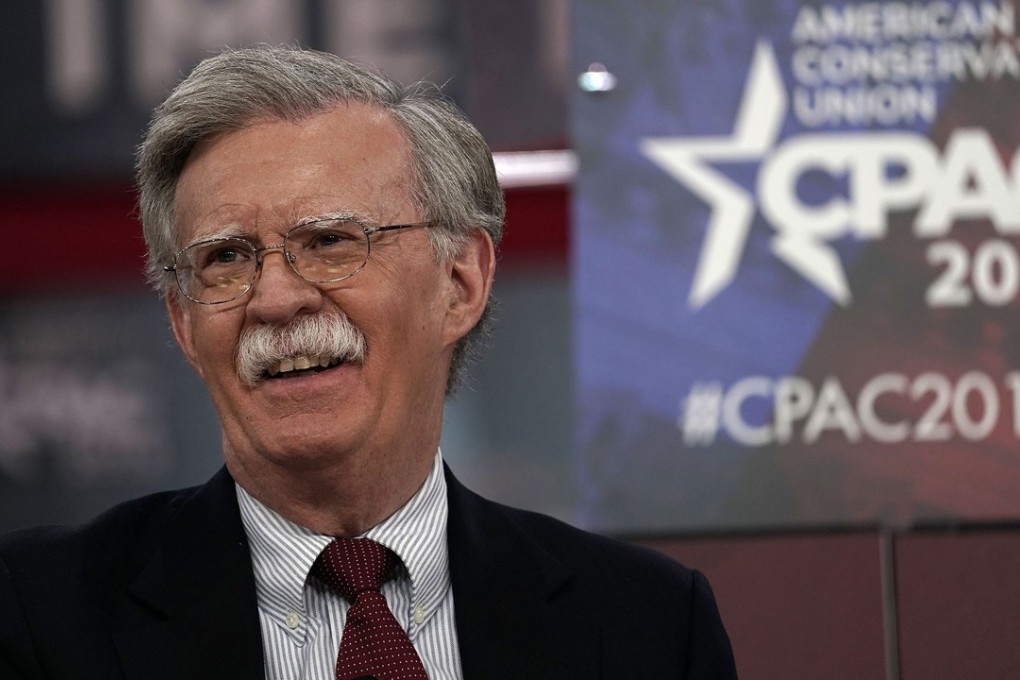Diplomacy takes a back seat as hawks land top US cabinet jobs
With the appointment of controversial John Bolton as national security adviser, President Donald Trump has another voice that supports unilateral action

President Donald Trump’s new national security adviser, John Bolton, is a hawk among hawks. When he served as a foreign policy official in the George W. Bush administration, including as United Nations envoy, his more controversial ideas were overruled on occasion by Bush’s top aides, among them the then national security adviser Condoleezza Rice.
Now that Trump has given Bolton Rice’s old job, the question is who will rein him in now? Bolton is, after all, identified with the bogus case for the unilateral US invasion of Iraq 15 years ago, based on flawed intelligence about Iraq’s weapons and ties to terrorism. He is also known for criticism of the UN bureaucracy and scant respect for the multilateral approach to resolving disputes.
As a long-time advocate of regime change in Tehran, his appointment exacerbates fears Trump will soon pull out of the Iran nuclear agreement. He has also advocated using force against North Korea, a tough line with China and closer ties with Taiwan.
For that reason alone it is imperative that he stays.
Bolton’s appointment comes at a particularly sensitive time for Sino-US relations, when Trump has imposed new tariffs on China, to which Beijing has retaliated, and Congress has passed a law encouraging closer relations with Taiwan.